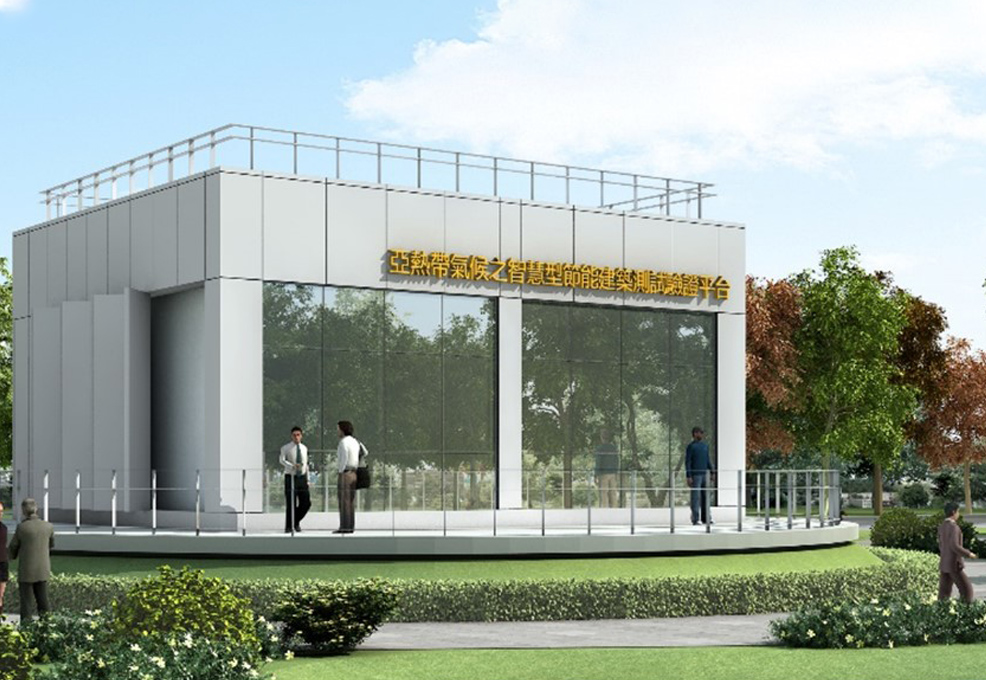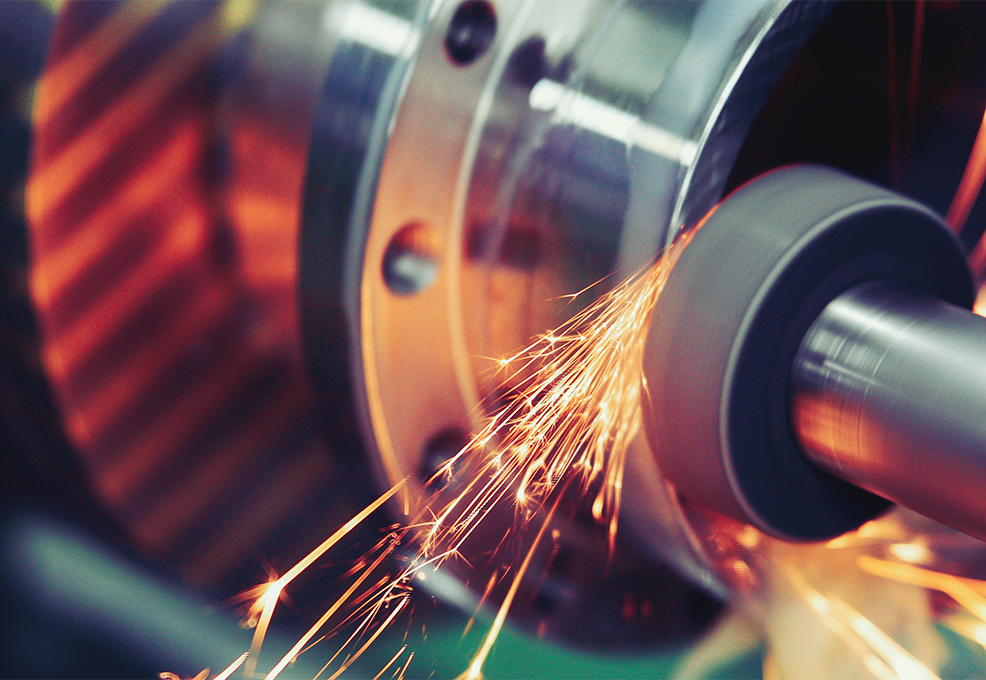Scaling Up Accurate Quantum Circuit Simulation

Author(s)
Ta-Hui LinBiography
Professor Ta-Hui Lin earned the PhD degree in Mechanical Engineering from the Northwestern University in the USA, in 1987. He is currently a Distinguished Professor of the Department of Mechanical Engineering and the Director of the Research Center for Energy Technology and Strategy, at the National Cheng Kung University. Dr. Lin has research interests in Combustion Science, Technology and Engineering, as well as in the fields of Thermal-Fluid, Energy Utilization, Fire Safety and Pollution Control. He earned the Outstanding Professor Award from the Chinese Society of Mechanical Engineering in 2000, and from the Chinese Institute of Engineers in 2016.
Academy/University/Organization
National Cheng Kung University-
TAGS
-
Share this article
You are free to share this article under the Attribution 4.0 International license
- ENGINEERING & TECHNOLOGIES
- Text & Image
- March 20,2020
Building energy consumption in most developed countries accounts for more than 30% of total national energy consumption. Reducing building energy consumption has always been a key part of the global target for energy saving and carbon reduction. Therefore, energy consumption has become an important factor in architectural design and building construction, and a wide variety of forward-looking, diversified green energy building technologies have been vigorously developed. The Industrial Technology Research Institute in cooperation with the National Cheng Kung University established the “Subtropical Performance Test Bed for Innovative eNergy Research in Building (SPIN Lab)” in “Shalun Smart Green Energy Science City,” to meet the green energy building technology development and product performance testing and verification needs of industry, academies and research institutes. The SPIN Lab is equipped with a solar tracking function with 360o rotation capability, and its research and test programs will include system integration of building-related hardware and software, analysis of sunshine and orientation impacts, performance verification of a single material or integrated components, smart control of integrated systems or individual devices, and big data analysis based on test results. The existing FLEXLAB, SkyLab and SPIN Lab have the same rotation capability, and represent architectural technology features in temperate, tropical and subtropical climates, respectively. The future international collaboration among the FLEXLAB, SkyLab and SPIN Lab will contribute to the international exchange and cooperative research and development of various forward-looking, diversified green energy building technologies.
Energy consumption in most developed countries comes from the industry, transportation and residential sectors, while building energy consumption is the major energy consumption of the residential sector, accounting for more than 30% of the total national energy consumption. Energy consumption in buildings includes energy used in the process of the production and transportation of building materials, components, and equipment, in the construction and installation processes, and in the heating and cooling, ventilation, lighting, household appliances and hot water supply. Reducing building energy consumption has always been a key part of the global target for energy saving and carbon reduction, while energy consumption has become an important factor for architectural design and building construction. The concept has changed from “passive buildings” with minimal energy consumption, to “zero-energy buildings” with an additional renewable energy supply, and then to “energy-plus buildings” aimed at self-sufficiency. In the meantime, a wide range of forward-looking, diversified green energy building technology are being vigorously developed.
Based on the research and development needs and the industrial applications of domestic green energy building technology, under the framework of the “Forward-Looking Infrastructure Plan” of the Ministry of Economy, the Industrial Technology Research Institute in cooperation with the National Cheng Kung University established the “Subtropical Performance Test Bed for Innovative eNergy Research in Building (SPIN Lab)” in “Shalun Smart Green Energy Science City,” to meet the green energy building technology development and product performance testing and verification needs of industry, academies and research institutes. The SPIN Lab is equipped with a solar tracking function with 360o rotation capability to present the actual outdoor environment. Its building space is divided into a control room and two test rooms. The control room is equipped with a data acquisition system, an environmental control system and a continuous monitoring system, while the two test rooms with adjustable space are separated into a test chamber and a reference chamber for experimental comparison. To meet various kinds of green energy architectural designs, the building has a number of functions related to space arrangements, such as replaceable walls, variable balcony depth, sunroof, etc. The research and test programs executed by the SPIN Lab will include system integration of building-related hardware and software, analysis of sunshine and orientation impacts, performance verification of a single material or integrated components, smart control of integrated systems or individual devices and big data analysis based on test results.

Photo of Subtropical Performance Test Bed for Innovative eNergy Research in Building (SPIN Lab)

Planning on research topics for green energy building technology
STAY CONNECTED. SUBSCRIBE TO OUR NEWSLETTER.
Add your information below to receive daily updates.




